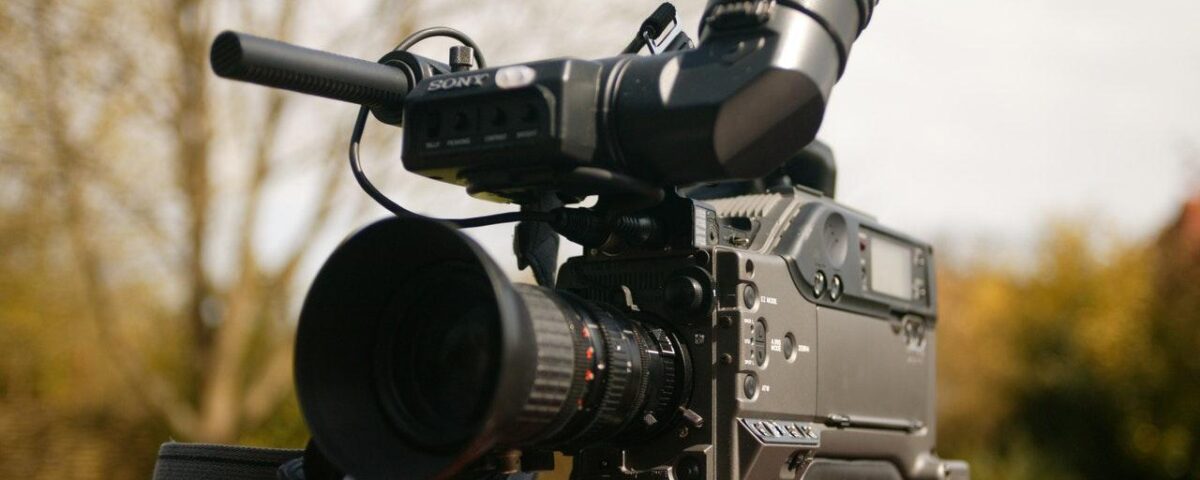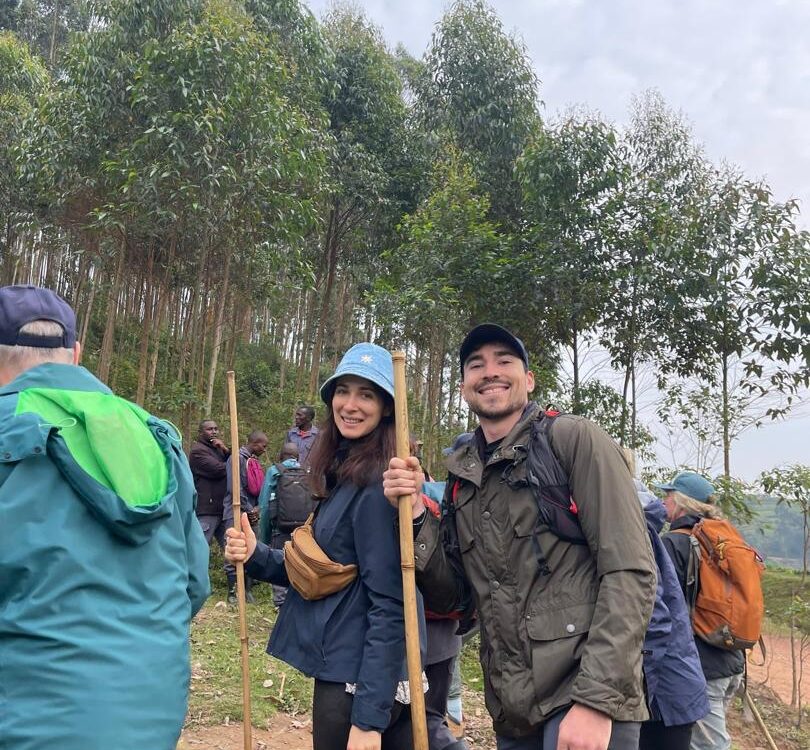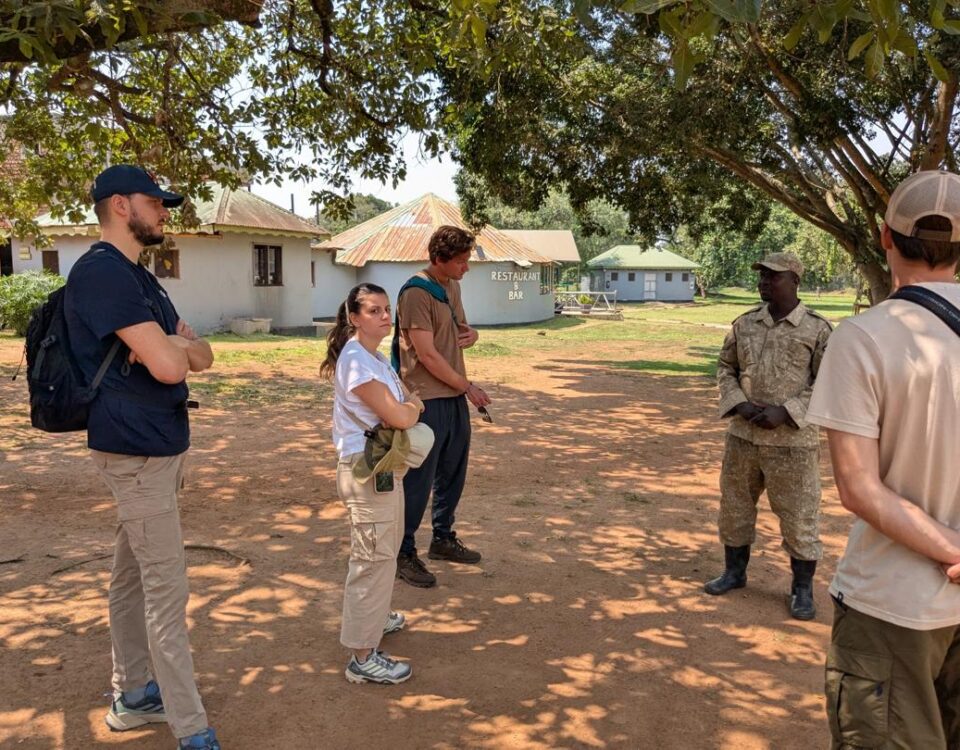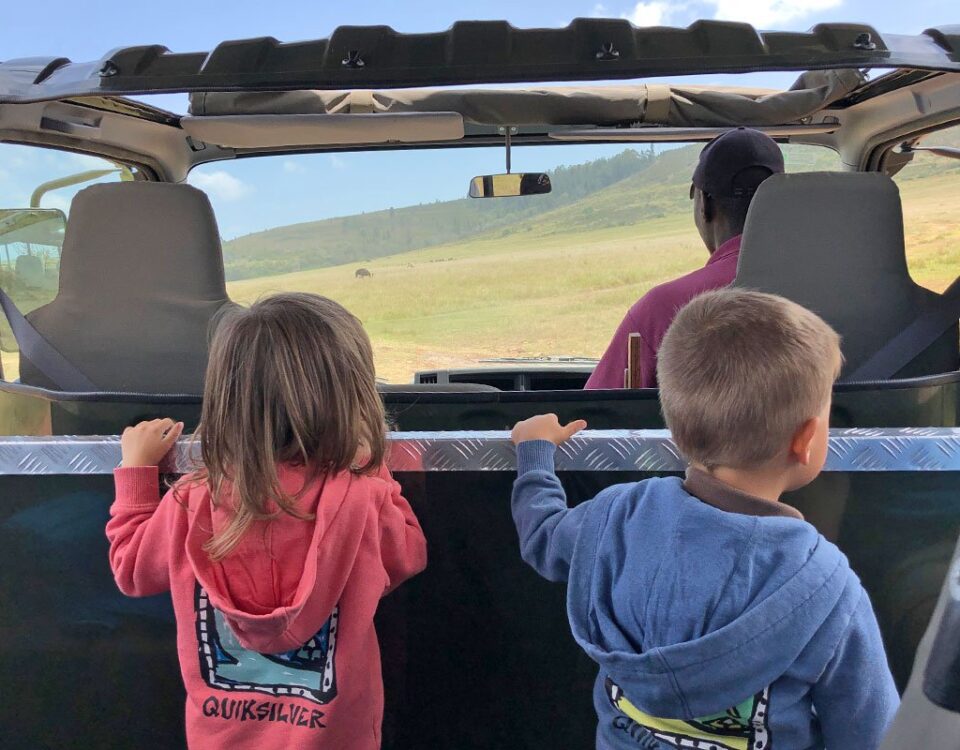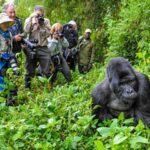
Are There Photography Tours Available in Rwanda?
May 17, 2025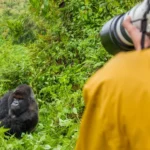
Can I Share My Rwanda Gorilla Photos on social media?
May 19, 2025Are There Restrictions on Video Recording?
When planning a dream gorilla trekking safari in East Africa, most travelers are filled with excitement and curiosity—not only about the experience itself but also about capturing those unforgettable moments. One common question that arises is: Are there restrictions on video recording? The short answer is yes—there are specific guidelines and regulations for video recording, particularly during sensitive experiences such as gorilla trekking Rwanda, Uganda gorilla trekking, and other wildlife safari activities.
Whether you’re embarking on a Rwanda safari in Volcanoes National Park or a Uganda safari in Bwindi Impenetrable National Park, your interaction with wildlife is governed by strict conservation rules. These rules ensure the safety of the animals, the protection of their habitats, and a quality experience for every visitor. Tubale Safaris is committed to educating its clients about responsible tourism practices, including what is and isn’t allowed when it comes to video recording.
In this article, we explore the regulations around video usage during gorilla trekking safaris, chimpanzee tracking, and other primate experiences, while also uncovering ways you can document your journey responsibly. We also highlight the enriching cultural activities you can combine with your safari and offer expert tips for integrating Uganda gorilla trekking into your Rwanda tour. So if you’re wondering are there restrictions on video recording?, you’re in the right place.
Uganda Gorilla Trekking Safari Packages and Tours
- 3 Days Gorilla Habituation Safari
- 3 Days Gorilla Trekking Tour
- 3 Days Uganda Fly to Bwindi
- 5 Days Wildlife & Gorilla Safari
- 7 Days Uganda Gorilla Safari
- 8-Day Gorilla & Wildlife Tour
- 9 Days Best of Uganda Safari
- 5 Days Gorilla & Rafting Safari Uganda
- 6 Days Primates Safari Tour
- 10 Days Birding Tour Uganda
- 10 Days Uganda Wildlife Tour
- 12 Days Uganda Wildlife Tour
- 13 Days Pearl of Africa Tour
- 15 Days Uganda Safari
- 18 Days Uganda Safari
- 21 Days Birding Uganda Safari
- 24 Days Best of Uganda Tour
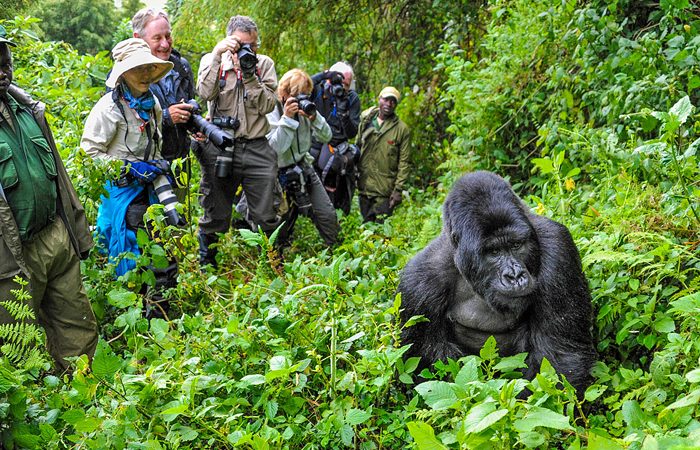
Gorilla Trekking Rules: What You Need to Know About Filming
Video Recording During Gorilla Trekking Rwanda and Uganda Gorilla Trekking
If you’re asking are there restrictions on video recording?, particularly during gorilla trekking Rwanda or Uganda gorilla trekking, the answer is yes, and for good reasons. Video recording is allowed, but only under specific conditions. For starters, all forms of recording must be done without the use of artificial lighting, including flash or spotlight equipment. These sensitive primates are easily disturbed by unnatural lighting and loud noises, which is why regulations strictly ban such equipment to maintain a calm environment.
Visitors are permitted to record short, non-commercial videos using handheld devices such as smartphones, GoPros, or DSLR cameras—provided that all light settings are adjusted. If you’re a documentary filmmaker or intend to use the footage commercially, you must apply for a special filming permit in advance through the Uganda Wildlife Authority (UWA) or the Rwanda Development Board (RDB). These permits come with additional fees and strict oversight.
Tubale Safaris works closely with clients to help them comply with park rules, ensuring that your gorilla trekking safari remains ethical and enjoyable. If you’re planning to combine your Rwanda tour with the unique gorilla habituation experience in Uganda—where you spend up to four hours with semi-habituated gorillas—video recording is still permitted under the same guidelines.
So next time you’re pondering are there restrictions on video recording?, remember that while capturing your journey is possible, it must be done with utmost responsibility and respect for the gorillas.
Ethical Filming in Primate Tracking and Wildlife Safaris
Chimpanzee Tracking and General Wildlife Encounters
Beyond gorilla tours, many travelers indulge in chimpanzee tracking and classic wildlife safari experiences across East Africa. Whether you’re exploring the dense forests of Kibale in Uganda or tracking chimps in Nyungwe Forest on a Rwanda safari, the question remains relevant: Are there restrictions on video recording? The answer is consistent across parks and countries—yes, with conditions.
In both chimpanzee tracking and wildlife viewing experiences, video recording is allowed but with clear boundaries. Devices must not emit light or make disruptive noises, and rangers reserve the right to restrict filming if it poses a risk to animal behavior or guest safety. For instance, in national parks like Murchison Falls, Queen Elizabeth, or Akagera, while game drives offer numerous chances for video recording, activities such as lion tracking or boat safaris near hippos require silence and caution, especially when animals are close.
Respect for nature is at the core of every wildlife safari, and Tubale Safaris ensures guests are equipped with knowledge about appropriate camera settings, behavior protocols, and the conservation logic behind these restrictions. Video footage can be a great way to relive your adventures—but only when it’s captured ethically.
When combining Uganda gorilla trekking with other wildlife or primate activities, you should be aware that video guidelines extend throughout your safari circuit. So, when asking are there restrictions on video recording?, the key is not just permission but the manner in which you film.
Cultural Encounters: Filming Etiquette With Local Communities
Respectful Video Recording During Cultural Experiences
While wildlife may be the highlight of your gorilla trekking safari, East Africa also boasts incredible human stories, cultures, and traditions that can deeply enrich your journey. On your Rwanda tour, a visit to the Iby’Iwacu Cultural Village offers authentic insights into local customs, traditional dances, and community projects. In Uganda, you might find yourself drumming with the Batwa pygmies or learning local cuisine techniques with native cooks.
This leads to an equally important question: Are there restrictions on video recording when it comes to capturing cultural moments? Absolutely—though the rules differ from wildlife parks. Here, the emphasis is on informed consent. Always ask for permission before recording individuals or community events. Some communities may welcome video as a way to share their culture globally, while others may prefer privacy or request a small donation.
Tubale Safaris emphasizes the principle of respectful tourism. We believe that your camera should never be more important than the human interaction taking place. When combined with gorilla trekking Rwanda or Uganda gorilla trekking, these cultural add-ons provide a well-rounded safari experience—and recording them thoughtfully can help preserve your memories while honoring the people you meet.
So, are there restrictions on video recording? Yes—but in cultural contexts, it’s less about official laws and more about mutual respect, courtesy, and ethical storytelling. Following this approach enhances your journey and fosters genuine connections that go far beyond what’s captured on screen.
Multi-Destination Itineraries: Combine and Capture More Safely
Seamless Safaris Through Rwanda and Uganda
One of the most exciting aspects of booking with Tubale Safaris is the opportunity to design a multi-country itinerary that blends the best of both worlds. Imagine starting your Rwanda safari with gorilla trekking in Volcanoes National Park and cultural tours in Kigali, then transitioning to Uganda gorilla trekking in Bwindi, capped off with chimpanzee tracking in Kibale or a wildlife safari in Queen Elizabeth National Park.
In all these scenarios, travelers often ask: Are there restrictions on video recording across borders? While policies are largely similar in Rwanda and Uganda, travelers should note that permits, park regulations, and community norms may slightly differ. For instance, while both countries allow non-commercial video recording during gorilla treks, special permits are required for any drone footage or professional equipment use. Also, security checks at border crossings may involve inspection of filming gear.
Tubale Safaris offers complete assistance in ensuring that all your equipment, permits, and itineraries are compliant with national laws and conservation ethics. We help you seamlessly transition from gorilla trekking Rwanda to gorilla habituation in Uganda, maximizing your experience while ensuring responsible tourism every step of the way.
So, if you’re asking are there restrictions on video recording during a combined Uganda–Rwanda safari, the answer is yes—but our experts guide you through every regulation so you can focus on what really matters: the magic of Africa.
Responsible Safari Filming: Final Thoughts
Record Memories the Right Way
By now, the question are there restrictions on video recording? has been thoroughly answered. While capturing your safari moments on film is both allowed and encouraged, it must be done under clear guidelines that prioritize wildlife safety, community respect, and environmental sustainability.
Whether you’re enjoying a gorilla trekking safari in Rwanda, embarking on a chimpanzee tracking adventure in Uganda, or soaking up cultural traditions along the way, remember that your camera is a tool for storytelling—not a barrier to authentic experience. From ensuring your devices are flash-free to respecting local customs when filming people, responsible video recording is a critical aspect of ethical travel.
At Tubale Safaris, we go the extra mile to ensure your journey is unforgettable and compliant with all legal and conservation standards. We believe that by educating travelers on key issues such as are there restrictions on video recording?, we help preserve the very wonders that draw people to East Africa in the first place.
So go ahead—pack your camera, bring your passion, and let us handle the rest. Your safari story is waiting to be captured—ethically, responsibly, and beautifully.

